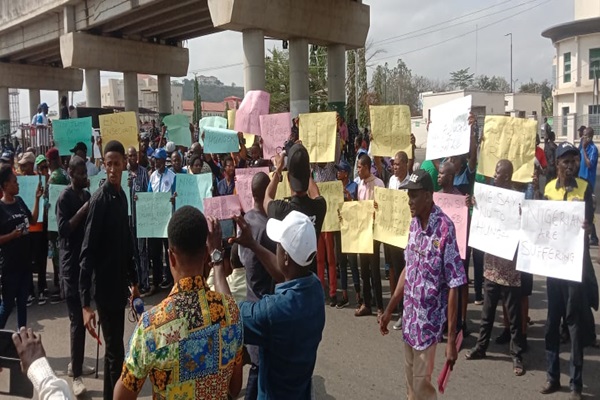To Whom It May Concern,
This rejoinder addresses the recent press release issued by the Nigeria Police Force regarding the claims made by Mr. Omoyele Sowore about the legality of the tenure of Inspector-General of Police (IGP) Kayode Adeolu Egbetokun. While the Nigeria Police Force has sought to refute these claims, it is essential to provide clarity on certain legal aspects that may have been misrepresented in the statement.
Firstly, the assertion that IGP Egbetokun’s appointment is grounded in law and backed by the Police Act, specifically PART III, Section 7(6), requires substantive examination. While the provision indeed stipulates that the IGP shall hold office for four years, the notion of amendments to this Act via an executive order raises serious concerns about constitutional validity. The press release cites "Section 8A of an executive order which amends the Police Act," but it is crucial to comprehend that an executive order cannot validly amend an Act of Parliament.
The legislative process for amending any statutory law in Nigeria involves formal procedures that include debate, voting by the National Assembly, and presidential assent. The existence of an executive order, in this context, does not align with the democratic principles of governance and due process outlined in the Nigerian Constitution. Therefore, any attempts to amend the Police Act through such means would be inherently flawed and legally questionable.
Furthermore, while the Nigeria Police Force has raised alarms regarding the potential public trust erosion stemming from Mr. Sowore’s claims, it is vital to recognize that transparency and clear communication about the legalities of appointments within law enforcement agencies are key to maintaining that very trust. When the populace is misinformed, it is not merely the dissenting voices that must adjust; it is promptly the responsibility of institutions to provide accurate and verifiable information.
The insinuation that Mr. Sowore's assertions are entirely unfounded and represent an attempt to disrupt public order fails to accurately address the real concern that lies in ensuring the public is well-informed. The dissemination of unclear or misleading information from official channels can create confusion and unpredictability, which significantly undermines the objectives of any law enforcement agency.
I urge the Nigeria Police Force, particularly ACP Olumuyiwa Adejobi, to retract or amend the press release in question. This action will not only serve to uphold the tenets of transparency and accountability but also reaffirm the commitment of the Police Force to operate within the law. This is critical not only for maintaining public trust but also for reinforcing the core principles of our democratic process.
In conclusion, let us prioritize clarity and truth in communications regarding policies and appointments that affect the security and governance of our nation. Engaging with the public through factual, lawful discourse is paramount for a harmonious society where trust in law enforcement is maintained.
Evans Ufeli Esq
Legal Practitioner




